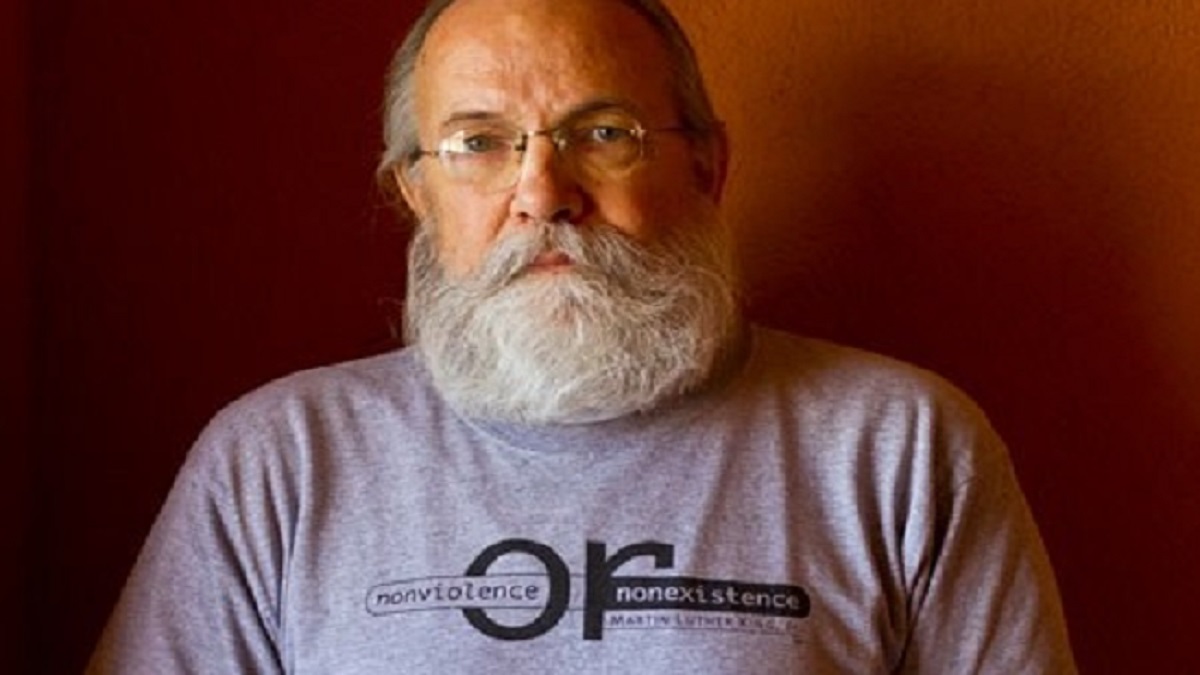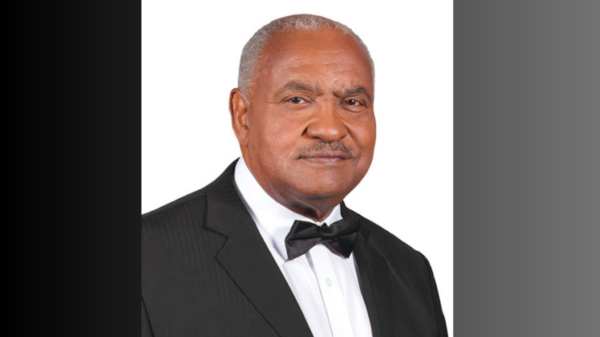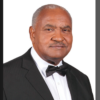By James B. Ewers Jr. Ed.D.
Each year we celebrate Women’s History Month in March. My mom, Mrs. Mildred H. Ewers was the first successful woman that I knew. She was a registered nurse in Winston-Salem NC.
Women’s History and Black History have some similarities. Each started off as a week. All the while, women have been largely absent from having their accomplishments recognized. Why has it taken so long? That is just one of many questions.
Like anything, if there is no pressure put on the powers that be, nothing will happen. It is my opinion that power only reacts to power. It was the power of the people that made Women’s His- tory Month happen.
According to reports, President Jimmy Carter in February 1980 issued the first Presidential Proclamation declaring the week of March 8th as National Women’s History Week. The Education Task Force of Sonoma County Commission on the Status of Women in Santa Rosa, California planned a women’s-themed event during the week of March 8th to correspond with International Women’s Day.
In 1987, Congress declared March as National Women’s History Month in perpetuity according to reports. It honors the extraordinary achievements of women. The theme for Women’s History Month 2024 centered around diversity, equity and inclusion. Research has shown that when DEI is included, we all get better and stronger together.
A report in 2023 showed women made up 41.9% of the work-force and 32.2% in senior leadership positions. More work is being done by advocacy groups to identify more qualified candidates.
Women comprise 74% of all teachers. There are over 3,842,796 teachers in the United States of America. Teaching careers have been one of the most rewarding as teachers are able to shape the minds of future generations. I was fortunate to have teachers who helped to shape my career path as an educator.
I will never forget my teachers at St. Benedict The Moor Elementary School in Winston-Salem NC as they were all women. My friends and I were fortunate because they gave us the early fundamentals to read, to write and to think.
My high school and college years were fulfilling because of women like Dr. Manderline Scales and Dr. Maxine Scott. They gave us their best. Their goal was always to make the next generation the best.
In my opinion, it is impossible to keep Women’s History Month within the month of March. Celebrations and commemorations must occur throughout the year. Girls and women of both races must know more about whose shoulders they stand on for their own success.
Historically Black Colleges and Universities (HBCUs) have benefited greatly from having African American female presidents. Dr. Mary McLeod Bethune founded Bethune Cookman College (now University) in Daytona Beach Florida in 1904. Since that time, many African American women have assumed the top job at both HBCUs and (PWIs) Predominately White Institutions.
The record shows that Dr. Dorothy Cowser Yancy (Johnson C. Smith University), Dr. Ruth Simmons (Brown University and Prairie View A&M University), Dr. Beverly Wade Hogan (Tougaloo College) and Dr. Phyllis Worthy Dawkins (Bennett College) were college presidents and served with distinction.
The mantle of leadership has now been given to new college and university female presidents. Dr. Valerie Kinloch (John- son C. Smith University), Dr. Rochelle Ford (Dillard University), Dr. Lori S, White (DePauw University) and Dr. Helene D. Gayle (Spelman College) are becoming trailblazers at their respective institutions.
Women in sports is now one of the most talked about topics in all the land. On Sunday, Coach Dawn Staley led the University of South Carolina’s women’s basketball team to the NCAA Championship. The oldest African American college athletic conference, the CIAA (Central Intercollegiate Athletic Conference) is led by Jacqie McWilliams-Parker. Her innovative stewardship has made it a premier athletic conference.
Let’s honor women who are creating new paradigms of success. They are breaking down barriers every day.
This column is dedicated to the women in the East Winston section of Winston-Salem North Carolina who gave me inspiration and motivation.
Dr. James B. Ewers, Jr. is a long- time educator who hails from Winston Salem, N.C. One of the top tennis players in the state, he was inducted into the Black Tennis Hall of Fame in January 2021. A graduate of Johnson C. Smith University, he received his M. A. degree in Education from Catholic University in Washington, DC, and Ed. D. degree in Education from the University of Massachusetts in Amherst, MA. He has also done post-doctoral studies at Harvard University and Ewers is a life member of the NAACP and a member of Alpha Phi Alpha Fraternity.








You must be logged in to post a comment Login